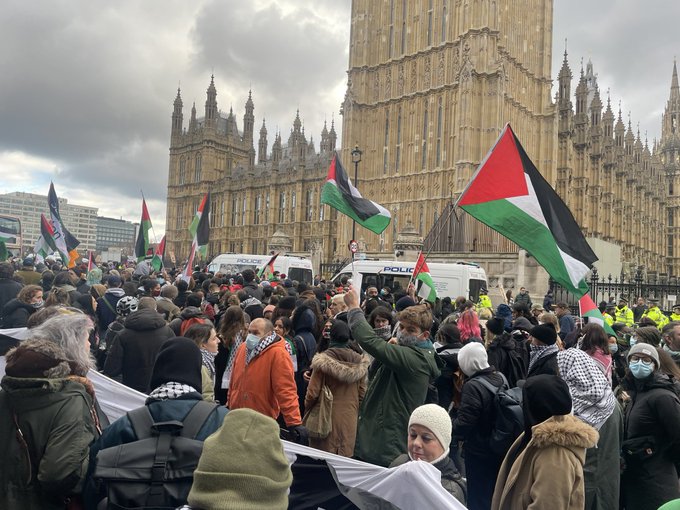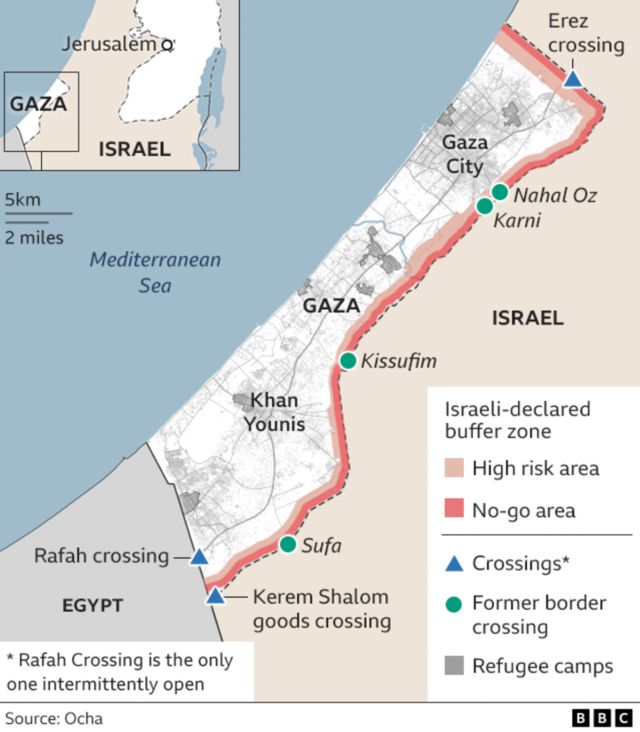US strike on Iraqi army-affiliated al-Saidi angers Iraq
While General Pat Ryder did confirm that the US was behind the strike that killed Mushtaq al-Saidi, a leader of what he described as “Iran-backed” forces, he left out many key details, says Al Jazeera’s Patty Culhane.
“We believe that al-Saidi was part of the popular mobilisation forces, which comes under the umbrella of the Iraqi army. General Ryder wouldn’t go so far as to say, ‘Yes he was part of the Iraqi army’. He would only link him to Iranian-backed militia groups,” Culhane said.
Ryder also didn’t say if the US had informed the Iraqi government about the strike, only calling it “a necessary and proportionate action against this particular individual who was personally involved in the planning and execution of attacks against American personnel”.
The Iraqi prime minister expressed “extreme anger” about this strike, Culhane said, and there have been growing calls for US troops to be kicked out of Iraq, which Pentagon officials are downplaying.
Meanwhile escalation in the Red Sea continues
Israeli defense minister outlines plan for new phase in Gaza war
Israeli Defense Minister Yoav Gallant on Thursday unveiled plans for the next phase of the war in Gaza, featuring a new combat approach in the north and a sustained focus on targeting Hamas leaders in the enclave’s southern territory.
In the third phase, Israel Defense Forces soldiers in northern Gaza will adopt a “new combat approach” encompassing “raids, the destruction of terror tunnels, aerial and ground activities, and special operations,” according to Gallant.
In southern Gaza, the Israeli military will continue its pursuit of Hamas leaders in the region “for as long as necessary,” Gallant said. Israeli forces stationed in the south will also focus on “enabling the return of the hostages” still in captivity, he added.
Post-war planning: In a three-page document, Gallant also provided details of the fourth and supposed final phase of the war, entitled the "Day After."
The post-war phase announced by Gallant envisages a Gaza Strip no longer controlled by Hamas, which would no longer “pose a security threat to the citizens of Israel.” Once the "goals of the war have achieved" there would be "no Israeli civilian presence in the Gaza Strip," according to his plan.
Israel would, however, maintain its “operational freedom of action in the Gaza strip” and continue to "carry out the inspection of goods entering the Gaza strip," the plan stated. The defense minister also unveiled the concept of a multinational task force led by the United States in partnership with "European and regional partners” charged with the "rehabilitation" of the strip.
In this phase, Israel would also continue dialogue with Egypt, a country Gallant described as a "major actor."
The minister provided scant detail on the future governance of the enclave, however, merely saying that the entity controlling the territory would build on the capabilities of "non-hostile" elements already present in Gaza.
Basically: We destroy it, you build it back up while we remain the right for targeted raids (and destruction) like we've been doing all these years in the West Bank. We'll keep up the blockade while making sure nobody 'hostile' gets in power. Basically back to how it was before Oct 7 with even tighter surveillance?
Talks for a pathway to Palestinian state: US officials have previously said they ultimately envision both Gaza and the West Bank being ruled by a unified government led by a “revitalized” Palestinian Authority. At present, the Palestinian Authority exercises limited self-rule in the West Bank, having lost control of the Gaza Strip to Hamas in 2007.
An Arab delegation comprising officials from Saudi Arabia, Qatar, Jordan, Turkey and the Palestinian Authority emphasized in a meeting with US Secretary of State Antony Blinken in December that Arab states will need assurances that there is a path toward a Palestinian state if they are going are to play a role in the reconstruction of Gaza.
Israeli post-war plan contrary to US vision
Israel’s plan for post-war administration in Gaza could be seen as a “nonstarter” for the United States, as Israel insists that a revamped Palestinian Authority (PA) will play no role in the enclave following the end of the war, Al Jazeera correspondent Mike Hanna said.
“It’s completely contrary to what the Americans envisage as their so-called ‘day after’ concept,” Hanna said. “The Americans have based their ideas on the fact that the PA would take over control or administration of Gaza,” he said. “Now, in this plan that the Israeli cabinet is going to be discussing, outlined by the defence minister, it is absolutely clear that the PA will not have anything to do with Gaza’s administration,” he added.
“As far as the US is concerned, in terms of its published positions on this, this is an absolute nonstarter.”


































































